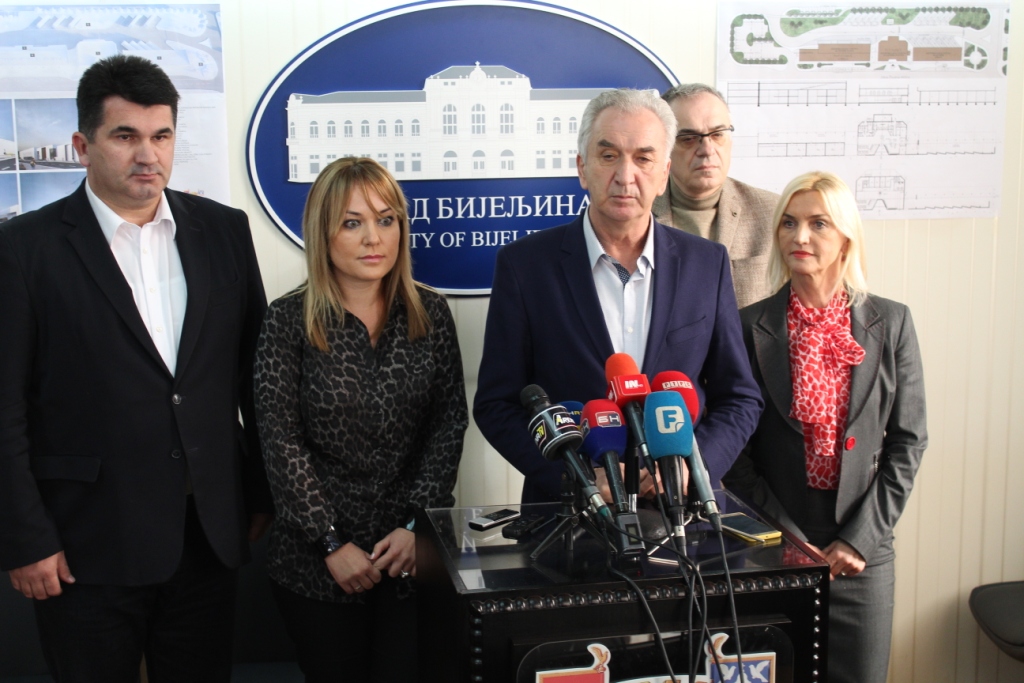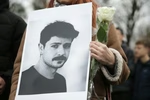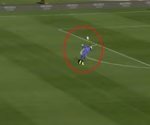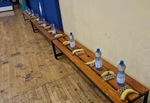Bosnian Serb opposition leader: Dodik has pushed Bosnia into NATO

The document which Bosnia is sending to NATO effectively pushes the country into membership in the alliance and that damages the interests of the Bosnia’s Serb-majority region, one of the top Bosnian Serb opposition parties, the Serb Democratic Party (SDS), concluded at a meeting in the northeastern town of Bijeljina on Friday.
Oglas
"Based on the information at our disposal, the SDS leadership has assessed that the adopted document on the armed forces reform process directly pushed Bosnia and Herzegovina and Republika Srpska into NATO's integration process," said SDS leader Mirko Sarovic.
He argued that the document was never discussed in the National Assembly of Republika Srpska (RS), the Serb-majority semi-autonomous entity in the country, and that it contradicts a Resolution on Military Neutrality the region adopted in 2017.
NATO remains unpopular with Serbs in both Serbia and Republika Srpska (RS) since the alliance launched airstrikes against the Bosnian Serbs during the 1992-95 Bosnian war and against the Serbian military in 1999 during the conflict between Belgrade and ethnic Albanians in Kosovo.
Oglas
Sarovic and other Bosnian Serb opposition leaders have accused the leader of the ruling Bosnian Serb party and one of the three members of the state Presidency, Milorad Dodik, of betraying Serb interests by agreeing to send the document to NATO.
They argued that the document that was sent was effectively the same as the Annual National Programme (ANP) and that it will activate Bosnia’s Membership Action Plan (MAP).
Dodik has brushed off the accusations, saying the document is a ‘Programme of Reforms’ which does not predict future NATO membership in any way.
Sarovic said lawmakers from his party will request an RS National Assembly session in the next few days and demand that the document is presented to the public.
Oglas
"We see no reason for any secrecy because this is a vital strategic document everyone is interested in, as it is one of the most important documents that has been created in recent years," the SDS leader said.
“This issue will be in the focus throughout the year 2020, maybe even longer,” Sarovic concluded.
Kakvo je tvoje mišljenje o ovome?
Učestvuj u diskusiji ili pročitaj komentare
Oglas
Kakvo je tvoje mišljenje o ovome?
Učestvuj u diskusiji ili pročitaj komentare
Oglas





 Srbija
Srbija
 Hrvatska
Hrvatska
 Slovenija
Slovenija



























































